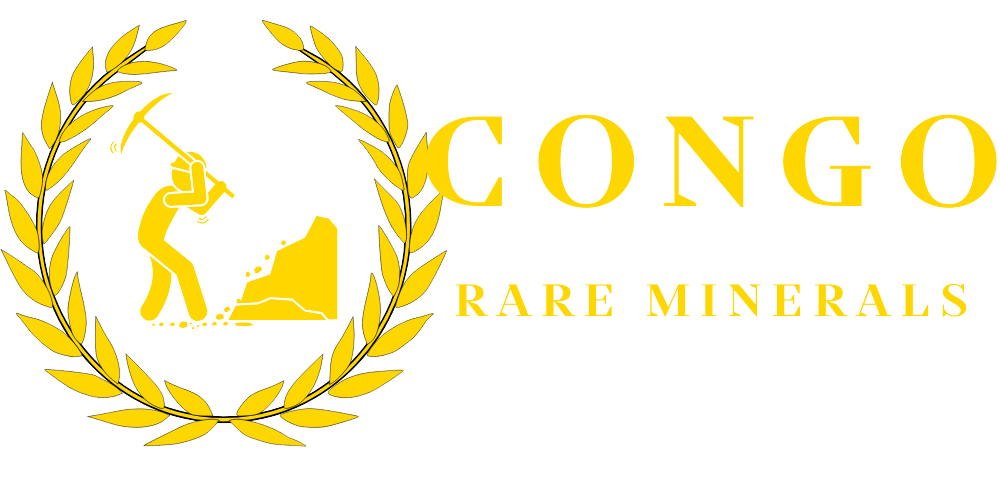Buying gold is simple. Clearing it correctly is where people slip. This guide shows which taxes and fees may apply, how to plan your shipment, and what documents you need so intake is smooth.
The short version
- Ask for a written quote that lists product premium, shipping, insurance, and estimated local taxes or duties.
- Many hubs treat investment gold as VAT or GST exempt if it meets local criteria. Always confirm with your customs broker.
- Ship insured and tracked. Keep your invoice, assay docs, serial list, permits, insurance, and airway bill for customs and resale.
What taxes and fees can apply
- VAT or GST on bullion if not exempt in your jurisdiction
- Import duty where investment-gold exemptions do not apply
- Customs processing fees and security screening
- Brokerage for clearance services
- Storage or depository intake fees if you ship directly to a vault
Tip: investment gold definitions vary. Most rules care about purity, form, and whether the product is widely traded. Ask your broker for the current criteria before you buy.
What “investment gold” usually means
- Bars and wafers that meet purity thresholds (for example 995+ fine)
- Widely recognized coins that meet purity rules in your market
- Sold at a small premium over intrinsic value
- Not jewelry or collectibles
If you are unsure, send your intended SKU to your broker and copy our team. We will provide specs, serial formats, and assay documentation.
Factors that change your tax outcome
- Destination country and city
- Consignee type (individual, company, or depository)
- Correct HS code (bullion typically classified under headings used for monetary or investment gold)
- Documentation completeness (invoice, assay, serial list, permits, certificate of origin where applicable, insurance, airway bill)
- Incoterms (DAP vs DDP changes who pays and who acts as importer of record)
- Declared value and currency
- Where the gold lands (home, business, or depository)
How to minimize costs legally
- Use the correct HS code on the invoice and airway bill.
- Ship to a qualified depository when possible. Many hubs process investment gold faster and with clearer rules.
- Provide a certificate of origin where applicable.
- Keep product standard (1 oz coins, 100 g, 250 g, 1 kg bars) for simpler intake and resale.
- Pre-alert your broker with copies of all documents 24 to 48 hours before arrival.
- Avoid DDP to your home unless your broker insists. DAP to a depository is often cleaner.
Your document pack from Congo Rare Minerals
You should receive:
- Invoice
- Assay card or assay report
- Serial-numbered bar list for cast bars
- Export permits and certificate of origin where applicable
- Insurance details
- Airway bill with tracking
Store digital copies. They speed customs and protect resale value.
Landed cost formula and quick examples
Landed cost = spot per kg + product premium + shipping + insurance + brokerage + taxes or duties (if any) + clearance fees
Examples below are illustrative. Replace the tax line with your broker’s current rate.
| Scenario | Start value | Premium | Ship + insure | Taxes or duties | Clearance fees | Estimated landed |
|---|---|---|---|---|---|---|
| Delivery to a depository | $73,947/kg spot example | +$900 | +$450 | If exempt: $0 | +$120 | ≈ $75,417 |
| Delivery to a business address | $73,947/kg spot example | +$900 | +$520 | If VAT applies: add X% | +$140 | ≈ $75,507 + VAT |
| Delivery to a home address | $73,947/kg spot example | +$950 | +$600 | If VAT applies: add X% | +$160 | ≈ $75,657 + VAT |
We will quote your route and show each line item so you can compare dealers fairly.
Step-by-step import plan
- Quote – Request a written quote that lists premium, shipping, insurance, and any estimated local taxes or duties.
- KYC – Complete onboarding for both sides.
- Verification – Assay card or report and serials. Use Lab Testing if you want an independent check.
- Payment – Bank transfer to the company account after you confirm beneficiary details.
- Export – We prepare permits, insurance, certificate of origin where applicable, and the airway bill.
- Pre-clearance – Send your broker the document pack before arrival.
- Delivery – Insured, tracked shipment to your depository or address. Keep all paperwork for resale.
What to buy for clean intake and strong resale
- 1 oz coins for flexibility
- 100 g and 250 g bars for balance of cost and liquidity
- 1 kg bars if you hold long term and want the lowest cost per gram
Browse live inventory in the Shop. If you need settlement or re-assay, see Refining.
Why buyers choose Congo Rare Minerals
- Direct sourcing at scale in Goma, DRC with a wide network of licensed miners
- One of the largest licensed mining and buying operations in Goma by 2024–2025 volumes
- Clear quotes and insured export to approved hubs
- Independent verification through Lab Testing
FAQ
Is investment gold VAT-exempt in my country
Many hubs exempt qualified investment gold. Rules change. Ask your broker for today’s treatment and keep your assay docs and serial list.
Can I import gold as an individual
Usually yes with the right paperwork and a broker. Some buyers prefer consigning to a depository first.
What HS code should we use
Your broker will advise the correct heading for bullion in your jurisdiction. We align invoice details to match.
Who pays taxes and duties
Importer of record pays. With DAP terms you pay locally. With DDP your broker pre-collects. We will list terms on your quote.
How fast is clearance
Typical intake is 3 to 10 working days including export, courier time, and local clearance. Timing depends on route and testing.
